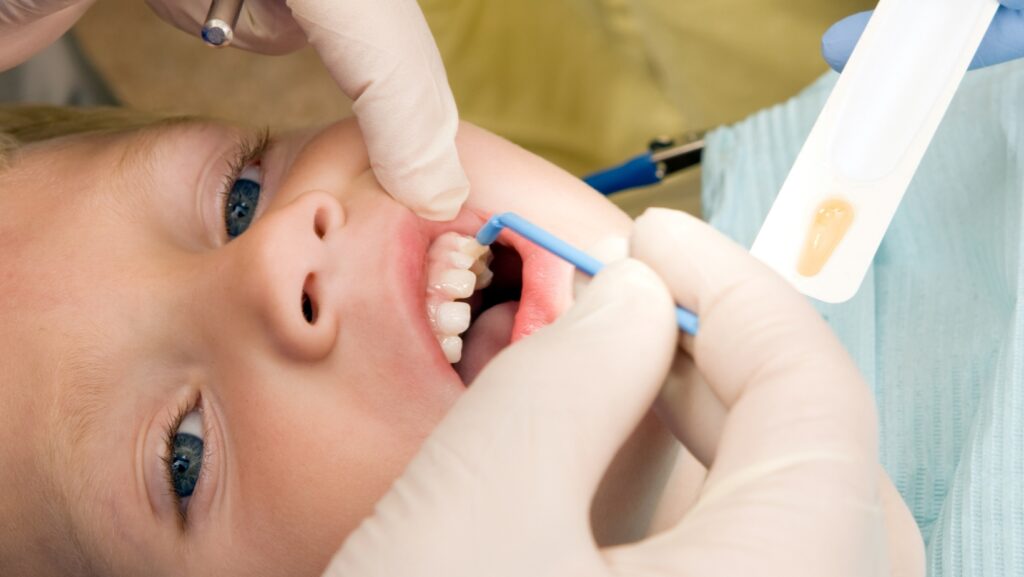
Fluoridation: Know What You are Consuming
By now, you might have heard that almost all tap water contains fluoride. The process of adding fluoride to tap water is known as water fluoridation. However, fluoridation is not limited to tap water. Fluoride can be added to other things such as toothpaste, dietary supplements, and foods. Before you panic, fluoride is a mineral that is naturally found in small amounts in a variety of foods and drinks. This includes nature’s sweets like apples and bananas, healthy vegetables like spinach and potatoes, and coffee and tea.
According to the National Institute of Health (NIH) the recommended daily intake for fluoride averages at 4mg for males and 3mg for females aged 19 and above. As for the recommended level for water fluoridation, the Centers for Disease Control and Prevention recommends 0.7mg per liter.
Advantages
Although it might sound weird to add fluoride to your water, fluoride is known to help prevent tooth decay by making your teeth stronger and more resistant to the negative effects of acid in the mouth. There are two ways to deliver fluoride to your teeth- topically and systemically.
Topically applied fluoride is fluoride applied directly to your teeth surface through toothpaste, mouth rinses, and fluoride treatments. The interaction of fluoride present in your toothpaste reacts to the minerals in your teeth to create another mineral called fluorohydroxyapatite (FHAP). The formation of FHAP creates a denser and more insoluble crystal structure on your teeth, making it more resistant to the adverse impacts of acid on your oral health. This is helpful in counteracting with the acidic environment in your mouth created by eating acidic foods and beverages.
For systemic fluoride, fluoride is being ingested and is incorporated when forming teeth structure. By consuming fluoride, it remineralizes your tooth enamel and slows down the process of demineralization. In addition, the fluoride you consume ends up in your saliva which continuously bathes your teeth and produces FHAP. Production of FHAP forms stronger crystal structures on your teeth and decreases the negative impacts of acid on your oral health.
Disadvantages
Like all things, everything has to be consumed in moderation and fluoride is no exception. Despite the benefits of fluoridation, extensive exposure to fluoride can result in various negative effects such as dental fluorosis and skeletal fluorosis.
Dental fluorosis is a condition that causes visual changes to your tooth enamel. These visual changes include discoloration of teeth, opaque white marks or lines on your teeth, mottled enamel and poor mineralization. These changes are the effect of the extensive fluoride interaction with your gums which alters its mineralization process. While adults cannot develop dental fluorosis, children aged 8 years old and younger are at risk, especially when their permanent teeth are developing. Therefore, it is important to be aware of your child’s fluoride intake to protect their overall health, oral health and smile!
Although fluoride can strengthen your teeth, the exposure to high levels of fluoride over many years can cause skeletal fluorosis. Skeletal fluorosis is a bone disease that causes bone to weaken and joints to be stiff. You might be wondering, how does something that strengthens your teeth weaken your bones? Well, the build up of fluoride can reduce the elasticity of your bones and ultimately harden it. In addition, fluoride build up can impair joint mobility due to the thickening and accumulation of bone tissue. Your bones hardening coupled with the stiffening of your joint increases your risk of fracturing your bones. Although it can be challenging navigating between the pros and cons of fluoridation, remember that you are in power. You can decide what is best for your oral health and body.
a
If you have any questions or concerns, we are here to help! Reach out to us at (508) 832-3205 or conveniently schedule an appointment through our website. Don’t forget to check out our engaging content on Instagram and Facebook by following us @WelcomeSmiles!
Tags:Fluoridation, preventative
